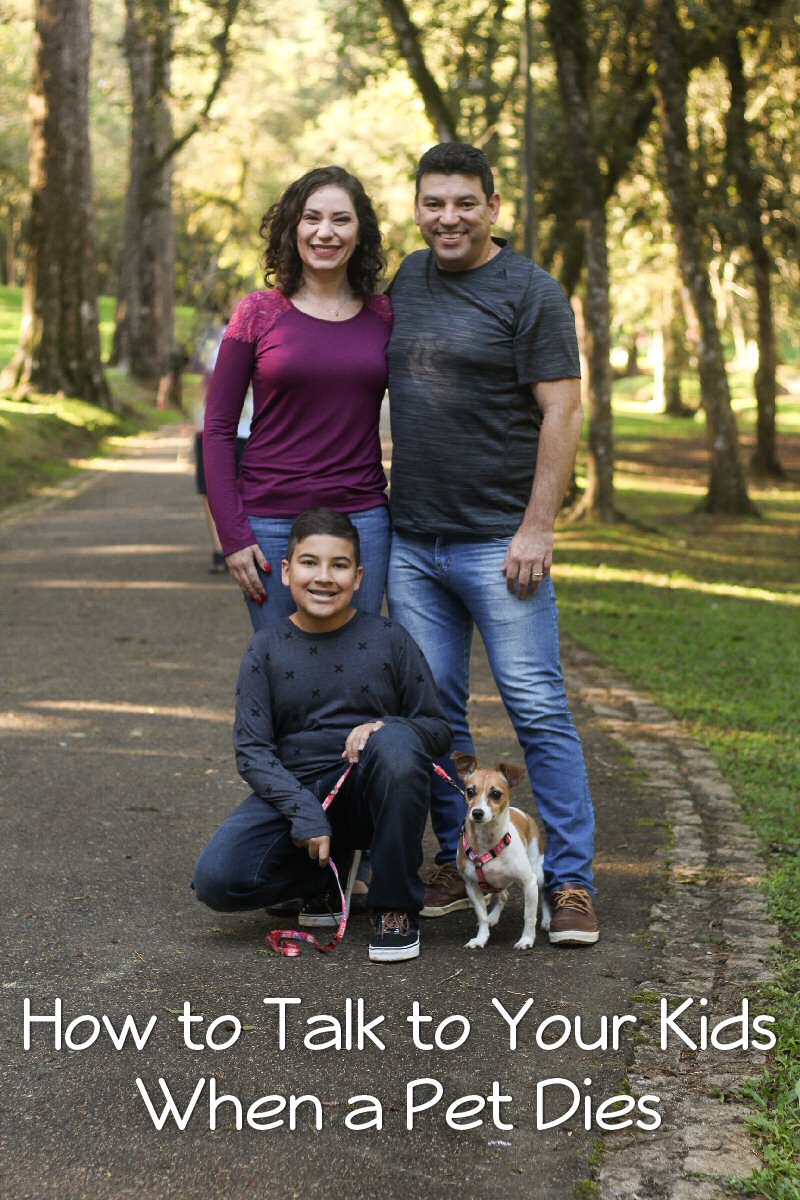There are few things sadder in life than the loss of a beloved pet. They are with you through thick and thin, never judge you, and are always happy to see you. Whether its a dog, cat, rabbit, canary, or hedgehog, your pet is part of the family, and there will be an irreplaceable absence in your home when they are gone.
The death of an animal is hard on everyone in the household, but it’s often the most difficult for the children. Kids, especially younger ones, may struggle to understand the concept of death, particularly if they’ve never had someone close to them die. In most cases, this will be their first experience dealing with grief, and it will likely bring up painful and confusing emotions. They often form the strongest bonds with their pets and expect them to be around forever.
But it’s a sad fact of life that both animals and humans do die. And although the loss of a pet is a cause for bereavement, it can also be a learning experience for your child. You can use this as an opportunity to explain death to them and set them up to cope with other losses they will experience later in life.
Here are a few tips to help you talk to your children after the death of your pet.
Be Honest
Whether your pet died after a long protracted illness or they were struck down suddenly by an unforeseen incident, it’s important to be upfront with your children. Breaking the news can be difficult, and some parents might be tempted to soften the blow by twisting the facts.
After my grandparents passed away, our family dog, Bruno – a loveable hulking St. Bernard – became inconsolable. When the insurance agent came to speak to my parents about the estate of my grandparents, Bruno turned on him and bite him. My father took him up in the woods and put him down and then buried him – but did not tell us until years later. At the time, he told us that he had run away. We spent weeks searching for him, I would stand outside and call him for hours but he never came. Finding out later what actually happened was devastating to me.
Talk to them about what happened and make sure they understand why their best friend is gone. Don’t try to hide your emotions. Make it clear that you are sad and that these are normal things to be feeling.
Use Straightforward Language
Be careful about using terms like “gone to sleep” or “lost.” If there is any ambiguity, then your child might not understand that their pet is truly gone. Even though it may seem hard, you should use terms like “death” and “died” to help them make sense of what’s happened.
Explain What Dying Means
Death can be a complicated concept to process for a young child. Although it can be hard to explain death to kids in a way they’ll understand, it is something they will need to get to grips with. This is the perfect opportunity to make it clear. Talk to them about how all living things die and how their animal no longer experiences any pain and suffering.
Remember the Good Times
Although it is important to grieve for a lost pet and process the unpleasant emotions, you should not wallow in sadness. Try to inject some positivity by reminiscing about the good times you had as a family with your pet.
Look Ahead
Once the initial shock fades, you should help your child move on from their grief and look ahead to the future. Perhaps have a small ceremony to remember the pet and start the process of putting the past behind you. When the time is right, you may consider adopting a new pet to fill the void in your home.





